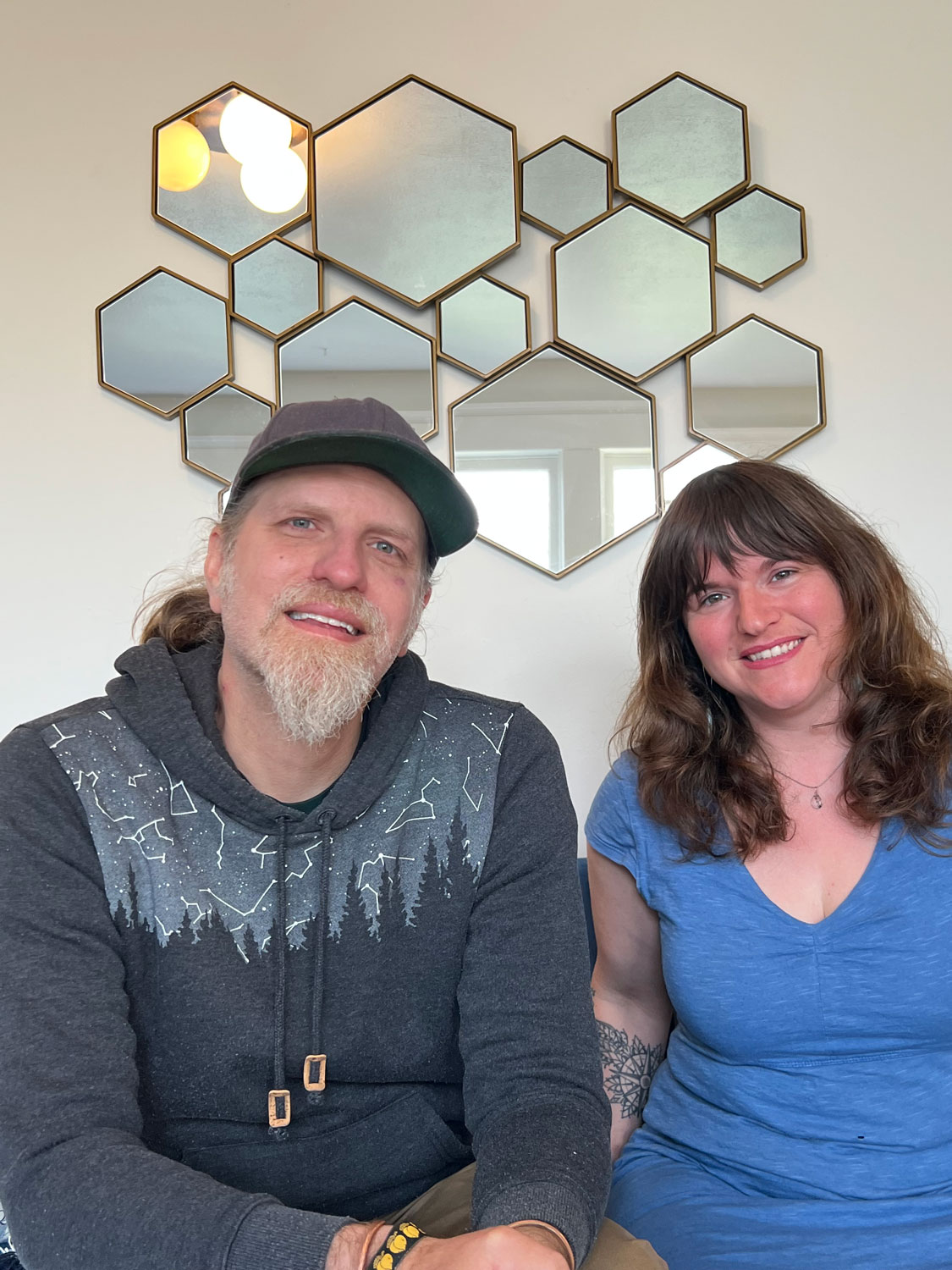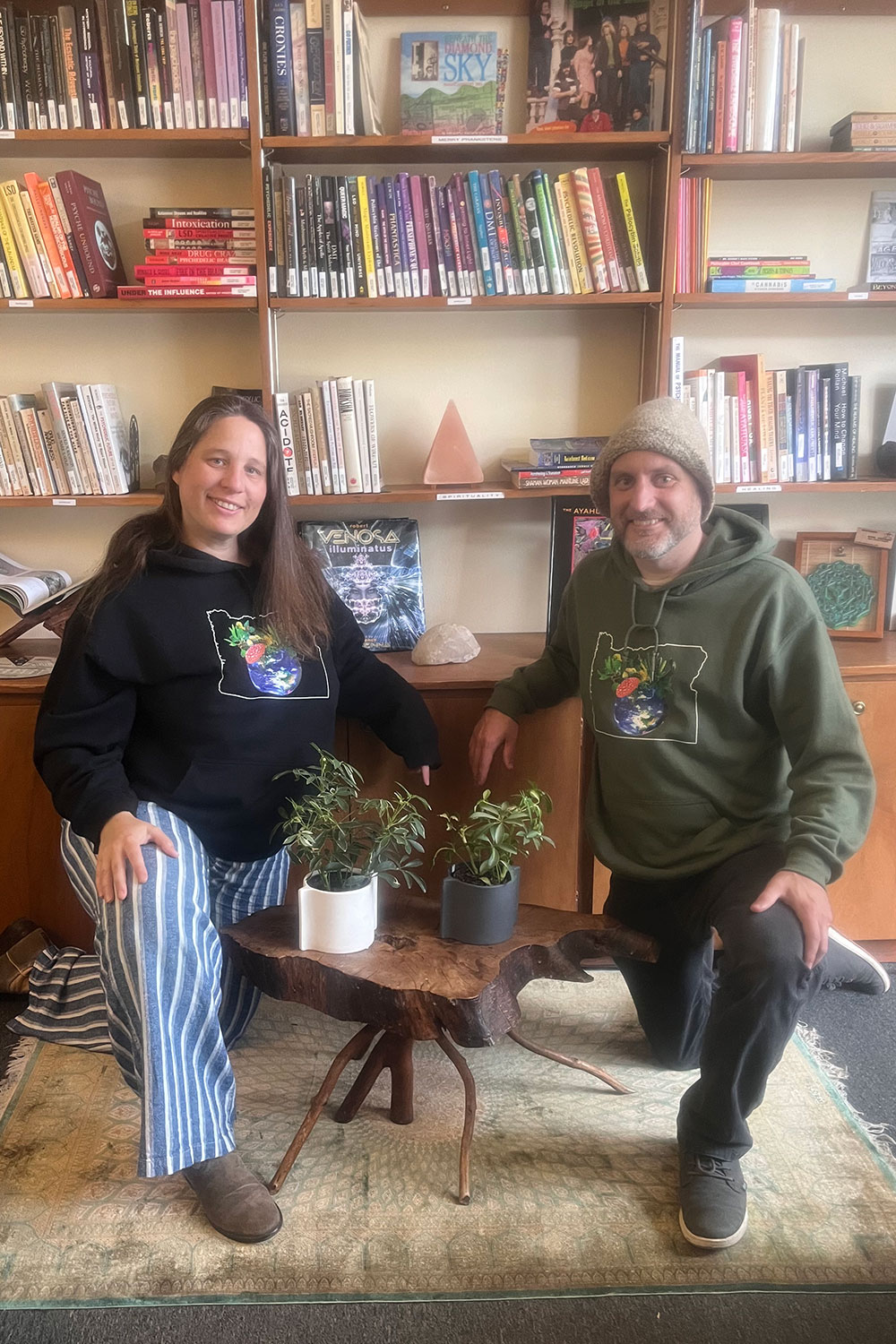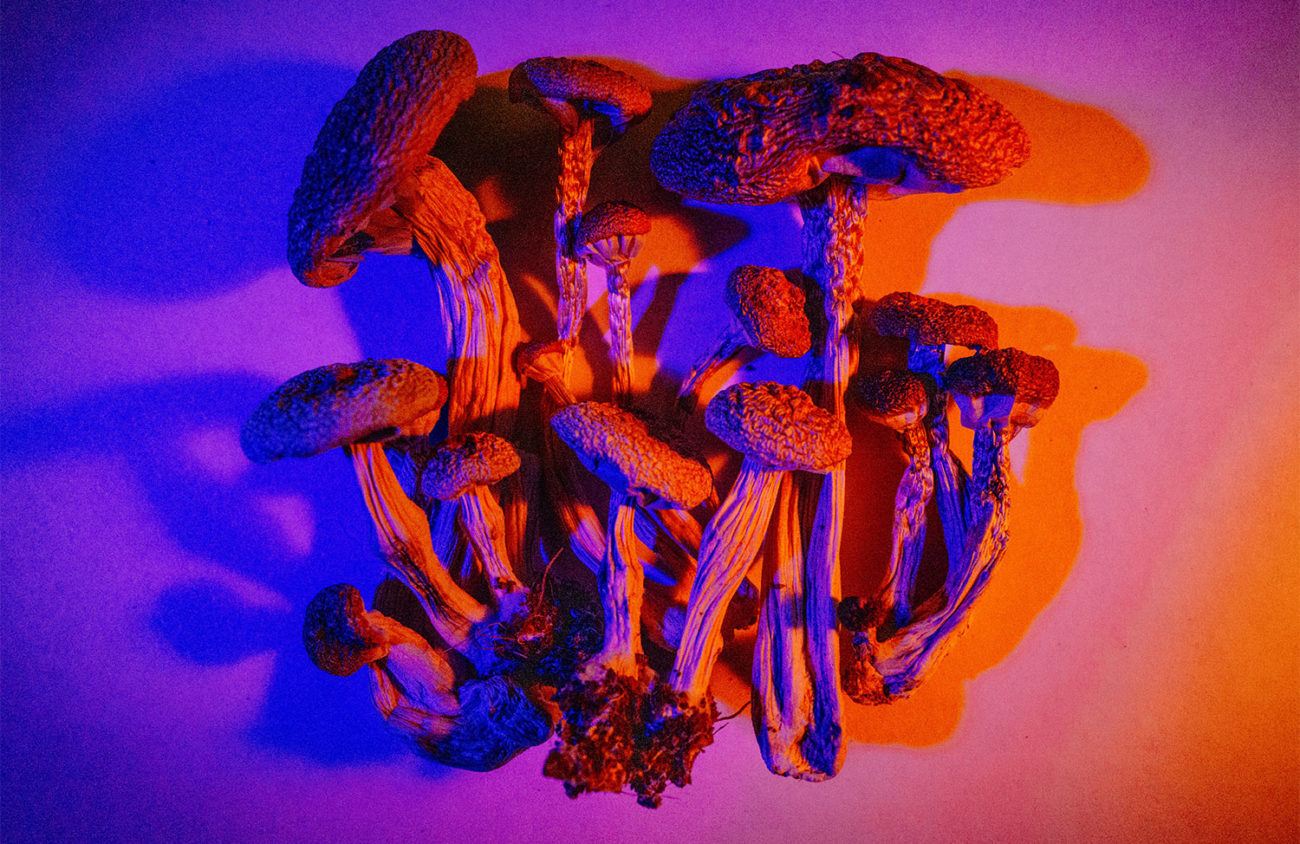On June 6, Oregon Psilocybin Services — a branch of the Oregon Health Authority — announced it will begin licensing training centers for psilocybin therapists, commonly known as facilitators. This is the most recent development in OHA’s implementation of Measure 109.
Measure 109 is a 2020 state ballot measure that legalized the use of psilocybin mushrooms in licensed service centers to treat depression, addiction, PTSD and end of life anxiety. It created the Oregon Psilocybin Advisory Board and Oregon Psilocybin Services under OHA. The board is responsible for making recommendations to OHA, who is responsible for the regulation of psilocybin therapy in Oregon. The measure allows the cultivation of a single species of mushroom called “psilocybe cubensis” — a non-native species of mushroom from Cuba.
Measure 109 is considered a breakthrough for mental health among the psilocybin community, but it comes with limitations. Measure 109 could lead to restrictions on spiritual and Indigenous practitioners in the state of Oregon, and the costs associated with the treatment centers may limit accessibility for people who could benefit the most.
Recent Developments & Challenges
According to OHA, training center applications will be reviewed over the next few weeks before receiving their training licenses.
Subtle Winds is a local training and transformative therapy center seeking training certification with the state and will seek service center certification when the state begins taking applications Jan. 2, 2023. Organizations like Subtle Winds still face challenges. For one, local governments still have the opportunity to opt out of Measure 109, according to Subtle Winds co-founder and director Benjamin Brubaker.
Enlarge

Additionally, the state is still developing rules and regulations, which makes planning ahead difficult. “There aren’t any solid answers to what models will actually be approved by the state. At this point, there’s still a lot of unknown up in the air. We’re kind of on the crux of moving this work forward, and hopefully bringing it into our conventional paradigm as a modality that’s effective,” says Subtle Winds co-founder and director Kate Gillespie.
Psilocybin remains a Schedule I substance, which means that the federal government views it as having no medical use and likely to be abused. Cannabis is under the same classification, and as a result the industry is taxed heavily. According to Brubaker this can make the industry difficult to access for small local companies.
“We do have grave concerns that the state and or the federal government is going to put in place requirements that are going to basically push out anybody that doesn’t come in with a hefty amount of outside ownership investment, that only a larger corporation would have,” Brubaker says. “it would be a travesty to the ecosystem, if those are the only groups that can survive.”
Measure 109 Benefits
Brian Fishman moved to Eugene six years ago and almost immediately got involved in the ethnobotanical community. Since the OHA announcement he has signed up with a Portland-based training center to be trained as a psilocybin facilitator.
Fishman has a bachelor’s degree in biology and a master’s in biochemistry from Oregon Health and Science University. He worked as a clinical manager for a Eugene cancer center and now does project management for a company that develops cancer therapy. Despite his long background in the medical field, Fishman says that his interest in psilocybin is personal.
Fishman signed up as a facilitator because he says he believes that psilocybin can help people. “[I] appreciate the real therapeutic value of some of these substances when they’re viewed as such and approached with proper intention,” he says
The potential benefits of psilocybin therapy have been studied for years by organizations around the world. Johns Hopkins University in Maryland began its research in 2006, and research by Compass Pathways — a U.K.-based company — and Usona — a research nonprofit based in Wisconsin — has been granted “breakthrough therapy” status by the FDA.
Breakthrough therapies are treatments that have evidence of being more effective than currently available therapy at treating a specific condition and are fast tracked by the FDA.
These breakthrough therapies are focused on helping people with treatment resistant depression and major depressive disorder.
Measure 109 Potential Shortcomings
Measure 109 is the first law in the U.S. to legalize the use of psilocybin, but there is still discussion around the policy on the subjects of accessibility and inclusion.
Enlarge

According to Rachel Anderson, co-founder of Edelic, a local nonprofit that houses an ethnobotanical library and hosts weekly community meetings, the treatment sessions could be anywhere from $1,000 to $5,000. “It’s not available to Oregon Health Plan [users] like any insurance. It may not be equitable and accessible for all who are needing this kind of service, because of the financial cost.”
Measure 109 also has the potential to limit religious and spiritual practitioners like Indigenous communities who use a variety of natural psychedelic substances for ceremony and ritual. In May, the licensing and equity subcommittees of the Oregon Psilocybin Advisory Board made proposals to the board that outlined the ways in which the OHA could create legal exceptions for religious and spiritual practitioners.
The board declined to recommend the proposals to the Oregon Health Authority, claiming that the OHA had no authority to make the desired exceptions due to the way Measure 109 was written.
If no exceptions are made, entheogenic practitioners — people using psychedelic substances for religious or ceremonial purposes — would be subject to the same restrictions as manufacturers, facilitators and service centers and, if they do not comply, would be subject to legal action.
Some of the ways that Measure 109 would limit entheogenic practitioners are laid out in a memorandum from the Oregon Department of Justice. For example, Measure 109 allows the indoor cultivation of psilocybe cubensis only when many Indigenous communities cultivate Oregon native plants outdoors. Additionally, under Measure 109, psilocybin must be sold and cannot be given or included with services which conflict with many spiritual practices.
Help keep truly independent
local news alive!
As the year wraps up, we’re reminded — again — that independent local news doesn’t just magically appear. It exists because this community insists on having a watchdog, a megaphone and occasionally a thorn in someone’s side.
Over the past two years, you helped us regroup and get back to doing what we do best: reporting with heart, backbone, and zero corporate nonsense.
If you want to keep Eugene Weekly free and fearless… this is the moment.
